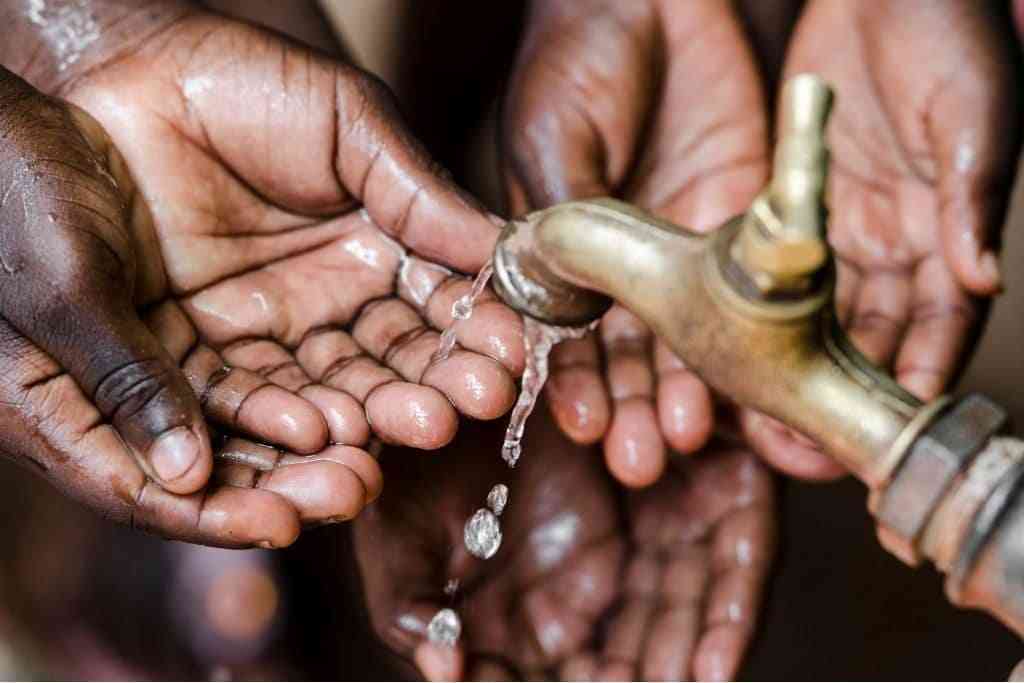
REVELATIONS that more than half of Harare households are operating without water make sad reading.
This is because water is a resource that should be available to everyone.
According to the Harare Master Plan [2025-45] Report of Study, water supply is intermittent, with the majority of the population receiving water once a week, twice a week or three times a week.
“There are some parts of the city, particularly in the peri-urban and north-eastern parts, which never receive water,” the report said.
Such is the importance of water that the makers of the supreme law made it a Chapter 4 right, which binds the State and every person, including juristic persons and every institution and agency of government at every level to respect, protect, promote and fulfil the rights and freedoms set out in the chapter.
Section 77(a) of the Constitution states that every person has the right to safe, clean and potable water.
However, the precious liquid has not been readily available, forcing residents to fetch it from unsafe sources, making them susceptible to waterborne diseases such as cholera and typhoid.
Residents have dug wells or drilled boreholes, thereby affecting the water table.
- Residents push for water system rehab as half of households live without water daily
- Water crisis demands urgent attention
Keep Reading
Some enterprising businesses are selling water.
Daily, there are queues at water sources, amid reports that women and girls are being abused in the race for the precious liquid.
How we reached this stage points to poor planning on the part of city fathers and the government.
The mushrooming of illegal settlements has increased demand for water at a time when the local authority is struggling to provide the resource. The illegal settlements are, in most cases, created by politicians as they angle for votes in elections.
They are also a product of land barons who sell land hoping that local authorities will regularise the settlements.
Harare City Council cannot cope with the increased demand for water. Increased pollution has meant that more chemicals are required to treat the water to make it suitable for household use.
The Environmental Management Agency must come down hard on companies that are releasing waste into water bodies without treating it.
However, the Harare City Council has perculiar issues, such as increased debtors’ book, especially by government departments.
The city fathers, however, must shoulder the blame after failing to plug the leakages. It is estimated that 60% of water is lost through leakages and illegal connections along the distribution network. Burst water pipes have gone unattended for days. This, according to residents, must be given priority as the precious resource is being lost.
According to the Harare Resident Trust, council must scale up the replacement of underground water pipes to increase the quantity of water reaching households connected to the water distribution network.
The long-term solution to Harare's perennial water woes is to speed up the stop-go Kunzvi Dam project that is tipped to be the panacea to a crisis that has bedevilled the capital for a long time.
But before Kunzvi, we need to address housekeeping issues, such as ensuring there are no haphazard settlements, the government pays up its bills and city fathers work round the clock to stem water leakages.






